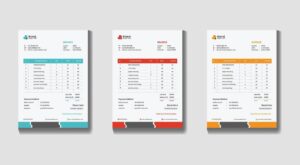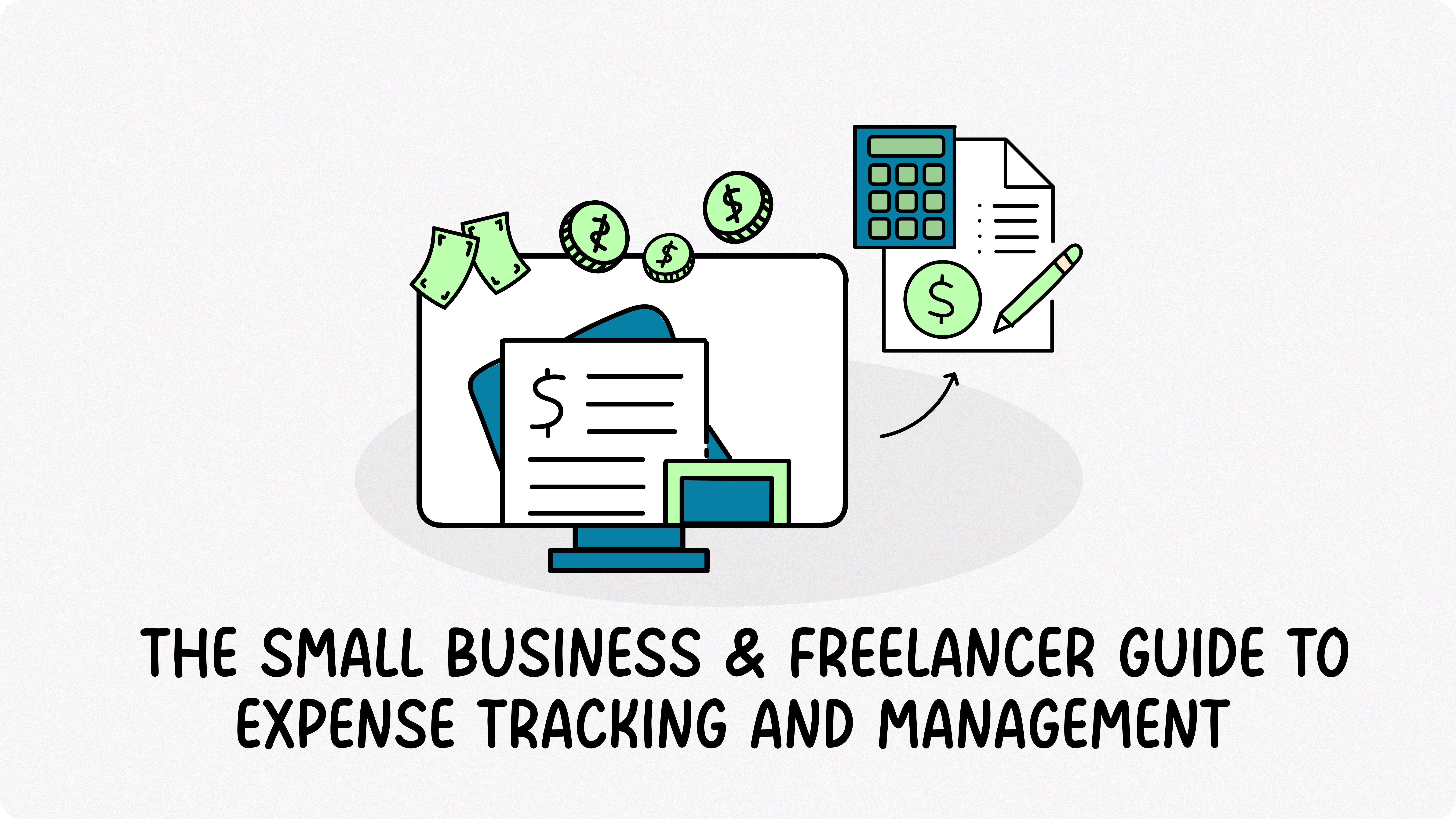If you’re running a small business or working as a busy freelancer, you know the feeling: the bookkeeping pile is growing, tax deadlines are looming, and you’re suddenly asking Google, “What accounting services for small business do I actually need?”
It’s one of the biggest questions entrepreneurs face. On one hand, you don’t want to overspend on services you could handle yourself. On the other, getting the finances wrong can lead to costly mistakes, missed opportunities, and—worst of all—IRS penalties.
The truth is, “accounting services” isn’t a single thing—it’s a spectrum of financial help. The right choice depends entirely on your business’s size and complexity. For most small operations, you can handle the basics with smart tools, saving the expense of a human expert for complex strategy and tax filing.
To help you decide where to focus your resources, here’s a quick look at the four main tiers of financial help available, followed by a deeper dive into each role.
Table of Contents
- Accounting Software vs. Professional Services: Where to Invest Your Money
- The Spectrum of Financial Help: 4 Tiers of Accounting Services
- Your Solution for Smart, Simple Accounting
Accounting Software vs. Professional Services: Where to Invest Your Money
When should you hire a human professional, and when is dedicated software your best financial partner? The ideal mix helps you achieve full compliance without overspending.
| Tier of Service | Can Software Handle It? | When to Hire a Human Expert |
| Bookkeeping (Tier 1) | Yes. Automated accounting software can handle 90% of routine categorization, expense tracking, and reconciliation. | Your business has high transaction volume (500+ per month), manages multiple currencies, or handles complex inventory. |
| Accounting (Tier 2) | Partially. Software generates the reports, but a human must review them for strategic insight. | You need help interpreting metrics like Gross Profit Margin or preparing financial statements for a loan application. |
| Tax Preparation (Tier 3) | Yes, for the basic returns (e.g., Schedule C). | Your business is an S-Corp or C-Corp, or you have complicated state tax nexus issues. |
| Strategy (Tier 4) | No. Forecasting and consulting require human judgment, market knowledge, and expertise. | You need advice on pricing, mergers, acquisitions, or long-term growth financing. |
The Spectrum of Financial Help: 4 Tiers of Accounting Services
When you look for professional help with your business finances, the service you need typically falls into one of these four essential categories:
Tier 1: Bookkeeping—The Day-to-Day Foundation
Bookkeeping is the foundation of all business finance. If you’re looking for professional bookkeeping services for small business, this is where you start. This involves the accurate recording of all financial transactions—sales, purchases, receipts, and payments. It’s the daily chore that provides the raw data for all your other financial reports.
- Core Function: Organize receipts, categorize expenses, and reconcile bank accounts.
- Who Needs It: Every single freelancer and small business owner. It’s non-negotiable for legal compliance and financial visibility.
- The Expense Data: Outsourced bookkeeping services generally cost between $300 and $800 per month for a typical small business, depending on complexity and location. This recurring cost adds up quickly, which is why smart owners look for alternatives.
- The Smart Alternative: You can avoid much of that monthly expense by using modern accounting software. These tools automate the core functions you need—like transaction categorization, bank feed synchronization, and digital receipt capture—allowing you to handle your day-to-day books quickly and accurately for a fraction of the cost. In fact, 71% of today’s small business owners use accounting software or apps to manage their finances.
Tier 2: Accounting—Reporting and Financial Review
Accounting takes the raw data created by the bookkeeper and organizes it into meaningful financial statements (Profit & Loss, Balance Sheet, Cash Flow Statement). When engaging Certified Public Accountant (CPA) services, they take the lead on interpreting these reports to ensure accuracy, compliance, and strategic planning. For more info, read our another blog “Financial Statements: A Comprehensive Guide.”
- Core Function: Generate financial reports, analyze profitability, and ensure compliance with Generally Accepted Accounting Principles (GAAP).
- Who Needs It: Businesses with employees, significant debt, or complex revenue streams.
- The Knowledge Gap: A recent survey found that 60% of small business owners feel they aren’t knowledgeable when it comes to accounting. This lack of confidence highlights the value of having reports reviewed by an expert.
Tier 3: Tax Preparation—The Annual Filing
This is the specialized service most businesses use at least once a year. When seeking small business tax services, a tax preparer (often a CPA or Enrolled Agent) ensures your tax return is filed correctly and on time, minimizing your liability while staying compliant with IRS rules.
- Core Function: Calculate estimated quarterly taxes, file annual federal and state returns, and handle complicated deductions.
- The Cost of Error: The IRS estimated tax underpayment penalty rate recently rose to as high as 8%—the highest it’s been in 17 years. Missing these payments due to poor records can be incredibly costly.
- Who Needs It: Any business beyond the simplest freelancer Schedule C filing. If you operate as an LLC, S-Corp, or C-Corp, or deal with multi-state taxes, professional tax prep is almost essential.
- Pro Tip: Look for a preparer who specializes in small business tax preparation, as they understand write-offs like the Qualified Business Income (QBI) deduction.
Tier 4: Financial Consulting & Strategy (The Growth Partner)
This is the most advanced tier of service. A financial consultant or Fractional CFO works with you throughout the year to help you make major business decisions, such as budgeting for expansion or planning an exit strategy.
- Core Function: Forecasting, budgeting, industry benchmarking, and detailed cash flow modeling.
- The Confidence Boost: Reports show that 98% of small business owners say their accountant boosts their confidence in their business. Access to clear data drives smarter decisions!
- Who Needs It: High-growth startups or established small businesses looking to scale or secure funding.
- Cost Benchmark: Fractional CFOs typically charge between $200 and $500 per hour, or $3,000–$10,000 per month on a retainer, depending on the level of involvement. For many small businesses, this is only worthwhile once you’re scaling aggressively.
Your Solution for Smart, Simple Accounting
The overwhelming majority of small businesses—especially service-based ones and freelancers—find the sweet spot is automating Tiers 1 and 2 (Bookkeeping and basic Reporting) using robust software, and hiring a CPA only for Tier 3 (Tax Filing).
This model saves thousands of dollars annually in unnecessary bookkeeping fees while ensuring you maintain accurate financial records that minimize your tax burden and keep you audit-ready. You don’t need a full-time accountant to tell you where your money is going; you need a tool that shows you, instantly.
This is where a solution like Fynlo comes in. Our platform is designed specifically to make running your books simple, providing the automated categorization and real-time reporting you need to handle Tier 1 and 90% of Tier 2 services yourself. With Fynlo, you gain the clarity of professional small business accounting without the recurring fees, ensuring your data is always organized and ready for your CPA come tax season.
Ready to take control of your accounting and get professional-grade insights without the professional price tag? Schedule a demo with us or sign up today.
You may also like these articles:







